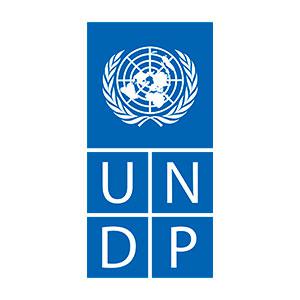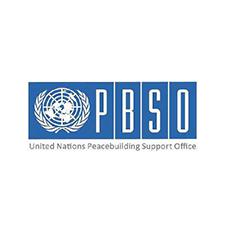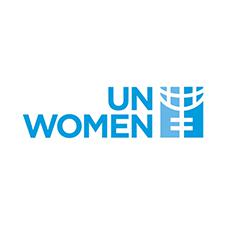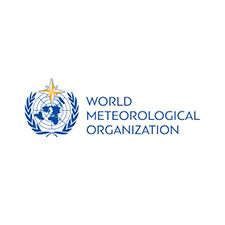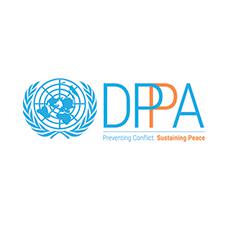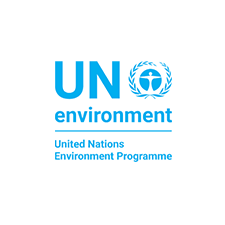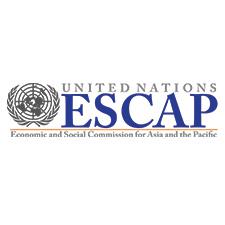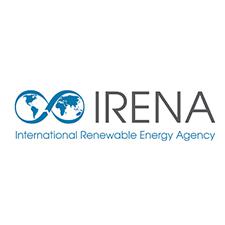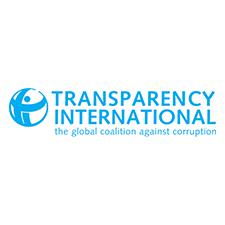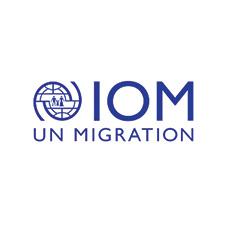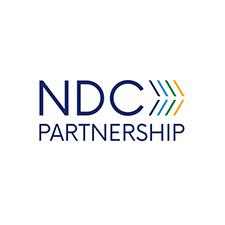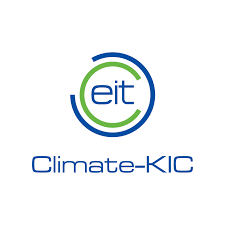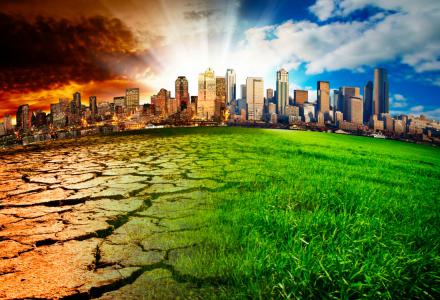
UNSSC Commits to Education for Climate Action
Why Climate Education Matters
Climate change is the most pressing challenge of our time, and we are at a critical juncture. From erratic weather patterns that disrupt food systems to rising sea levels that increase the risk of devastating floods, the effects of climate change are far-reaching and unprecedented.
Urgent and coordinated action is needed to mitigate the effects of climate change and build a sustainable future. As individuals and organizations, we all have a critical role to play in this effort. Climate education is key to building the knowledge, skills, and attitudes needed to take effective action.
Our Mission for our Climate
At UNSSC, we recognize the vital role that education plays in addressing the challenge of climate change. By deepening our understanding of the causes and consequences of climate change, we can make informed choices and advocate for policies that will reduce greenhouse gas emissions and promote sustainability.
Through our learning programs and resources, as well as through an evocative art exhibition, we empower individuals and organizations to raise awareness, promote sustainable practices, and work towards effective policy solutions. Our commitment to climate education is rooted in our belief that everyone has the right to access the knowledge and tools needed to build a sustainable future.
Join the Movement
Join us in our commitment to climate education and action. Follow #Learn4Climate and #UNSSCforClimateAction on social media to stay up to date with our initiatives, events, and resources. Together, we can build a more sustainable and resilient world.

This joint UN Climate Change - UNSSC online course offers a holistic and integrated approach to climate change and demonstrates the interlinkages and interdependencies between sustainable development and climate change to make informed policy choices towards low-carbon and climate-resilient sustainable development.
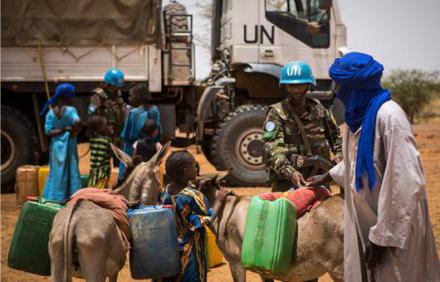
This four-week course equips participants with the tools to conduct localized climate risk assessments and integrate them into programmatic planning throughout the stages of a peacebuilding programme life-cycle (from early warning and responses to mediation and peacekeeping). The programme will enable its participants to strengthen their awareness of the risks that climate change poses to international peace and security as well as local peacebuilding interventions. Participants will gain an understanding of approaches, instruments and tools to reduce and mitigate structural governance vulnerabilities compounded by climate change in peacebuilding interventions.
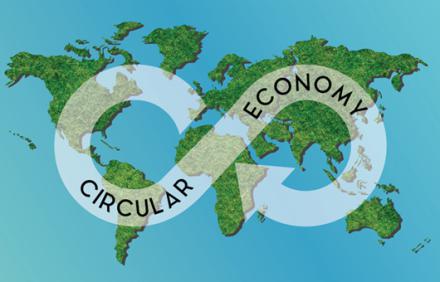
This engaging five-week online course will focus on harnessing circular economy principles and systems-based approaches to explore ways in which we can redesign our systems, products and services to allow us to achieve a sustainable living for all, within planetary limits.
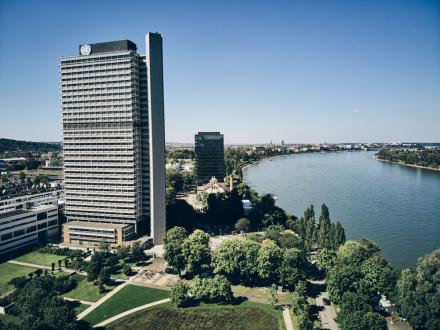
An engaging five-day online programme that fosters rich interaction on issues relevant to the work of the UN and its partners in the context of the 2030 Agenda for Sustainable Development and the Paris Agreement through panel discussions, small-group breakout activities, and peer-exchange.

This training aims to support developing countries in boosting national capacity to develop effective national transparency systems and implement the Enhanced Transparency Framework (ETF) under the Paris Agreement.
In particular, this training will help countries to assess and develop mitigation policies, in a way that will advance domestic and international climate objectives. It will help national stakeholders develop effective and responsive evidence-based policies to realize national sustainable development priorities and contribute to attaining the Sustainable Development Goals.
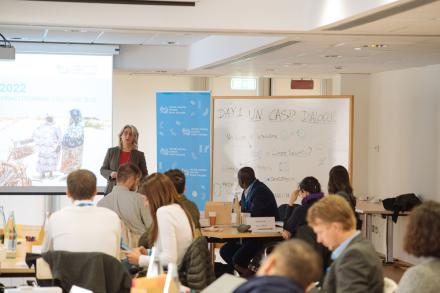
The UN Climate and Security Practitioners Dialogue (UN CASP Dialogue) is jointly organized by the United Nations System Staff College (UNSSC) and the Climate Security Mechanism (CSM).
UN CASP Dialogue brings together experts from UN entities, regional organizations, and civil society to engage in a dynamic two-day discussion on topics such as risk analysis, the integration of climate risks into peacebuilding and development programs, and the use of data for evidence-based decision-making.
Participants of the UN CASP Dialogue share their experiences and best practices in the fast-growing area of work at the intersection of climate action and peacebuilding. UN CASP Dialogue serves as a platform for participants to exchange ideas and collaborate on finding solutions to critical issues.

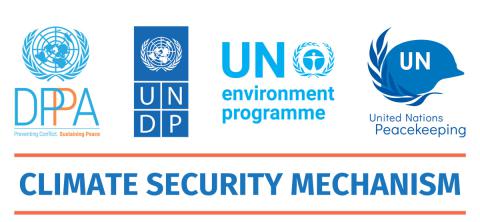

Send a message to info@unssc.org to learn more about courses, tailored learning solutions, and partnerships around climate change and climate action.


